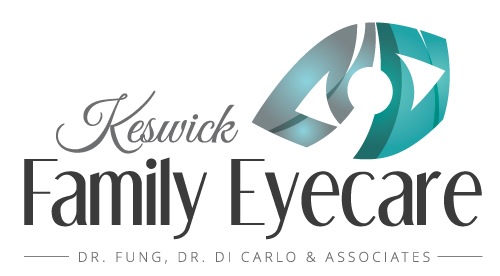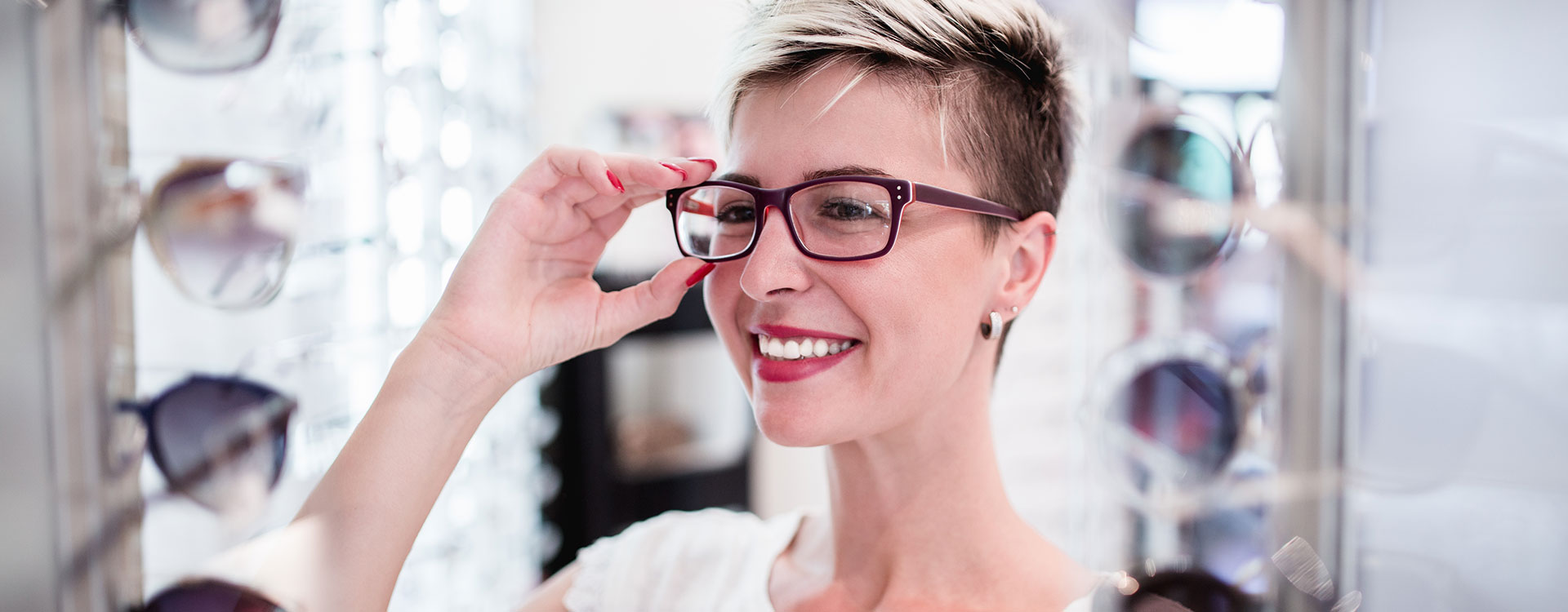UV & You: How Ultraviolet Light Affects Your Eyes
You know you should wear sunglasses for your eyes and you know not to look directly at the sun. But do you know why? Every day, you’re warned against the dangers of UV light. But do you know what that means?
Before you can protect yourself, you first need to understand the danger and what protective options are available to you.
What is UV Light
Everything your eye sees is light. Colour, for example, only appears the way it does due to the cells in your eyes being programmed to detect certain wavelengths (or colours) of light. There is also, however, an entire spectrum of light that our eyes can’t detect. This spectrum is called ultraviolet or UV light, and it’s responsible for products that glow under blacklights, sunburns, and a whole variety of things in between.
UV light is more than just light. It is actually electromagnetic radiation. And much like other forms of electromagnetic radiation (like x-rays and gamma rays), too much exposure can be harmful to the body.
Blue Light
Blue light is a particular wavelength of UV light, frequently emitted by laptops, tablets, touch-screen phones, and other digital devices. This type of light has a tendency to scatter, making it difficult for your eyes to focus and interpret. As a result, the eye has to work overtime and can become fatigued. This is a contributing factor to what is known as digital eye strain.
Mitigating Blue Light With Computer Glasses
There is now a special coating available, which can be applied to lenses. This coating filters out blue light, meaning the eyes don’t have to work as hard and can work longer without experiencing fatigue.
Photokeratitis
A sunburn on your skin is bad. But have you ever experienced sunburned eyes? Photokeratitis (more commonly known as snow blindness) occurs when your eyes are exposed to concentrated UV light without any protection. This commonly occurs in the presence of snow, white sand, or water, as these reflective surfaces also tend to magnify UV light. Though temporary, snow blindness tends to be quite painful and can leave the patient unable to see for hours afterwards.
Avoiding Photokeratitis
The best way to avoid snow blindness is to protect your eyes. Sunglasses with 100% UV protection will shield your eyes from the harmful effects of UV rays, while still allowing you to see clearly and enjoy your day.
The Stylish Way to Protect Your Eyes
At Keswick Family Eye Care, we’re proud to offer over 240 pairs of sunglasses; all of which give you 100% UV protection. We carry some of the top sunglass names in the world; including Oakley, Ray Bans, and Maui Jim. Browse our selection of amazing brands.


